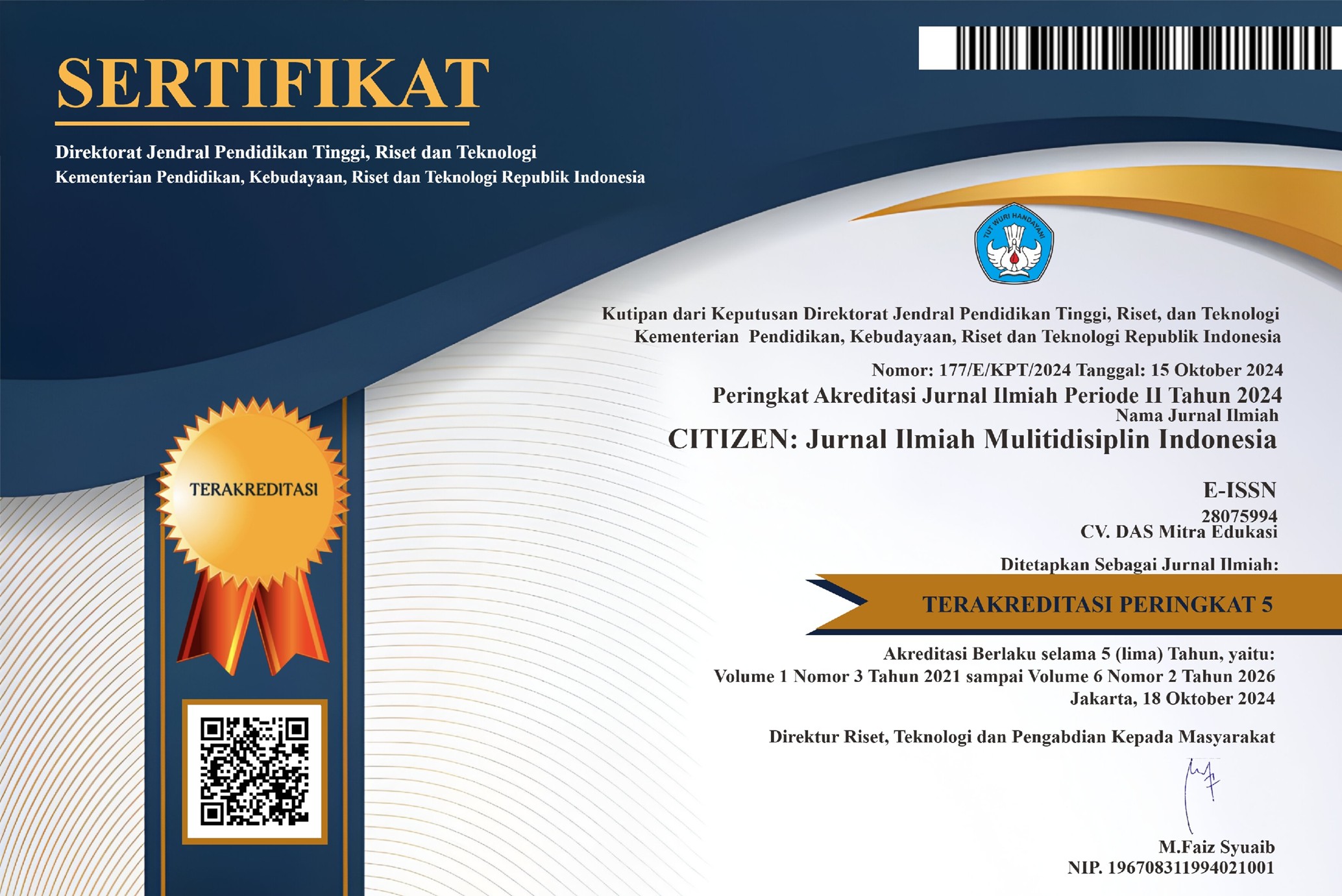Analisis Komparasi Kebijakan Perpajakan Transaksi E-Commerce Yang Berlaku di Indonesia Dengan Negara Lain (Uni Eropa, Australia, Korea Selatan, India, Tiongkok, Amerika Serikat dan Jepang)
DOI:
https://doi.org/10.53866/jimi.v1i3.14Keywords:
kebijakan perpajakan, transaksi e-commerce, PPN dan PPhAbstract
Indonesia has experienced an increase in users of e-commerce platforms, resulting in increased income for sellers, both individuals and entities, who conduct online sales transactions. Therefore, the Indonesian government sets a tax policy for online sellers. However, the Indonesian government still has several obstacles, one of which is that e-commerce transactions have an eternal nature. To answer these problems, the author compares the taxation policies on e-commerce transactions that apply in Indonesia with the tax policies on e-commerce transactions that apply in other countries, namely the European Union, Australia, South Korea, India, China, the United States, and Japan. The writing method used by the author is a literature study method. This paper shows that the taxation policy on e-commerce transactions in Indonesia, the European Union, Australia, South Korea, India, China, the United States, and Japan imposes a Value Added Tax (VAT) or the like as a consumption tax on goods. And services as well as sales tax and Income Tax. In addition, several countries have created platforms or special teams to manage taxes from e-commerce transactions, namely the platform Mini One Stop Shop (MOSS), now called OSS (European Union); Korean Fair Trade Commission (KFTC) (South Korea); Professional Team for E-Commerce Taxation (Protect) (Japan). Therefore, Indonesia needs to follow the example of the European Union, South Korea, and Japan in terms of establishing a system or team dedicated to managing tax collection from e-commerce transactions
References
Adam, D. V., & Astin, I. P. (2019). Kebijakan Pengenaan Pajak atas Transaksi Perdagangan . Festival Riset Ilmiah Manajemen & Akuntansi, 219-225.
Daud, A., Sabijono, H., & Pangerapan, S. (2018). Analisis Penerapan Pajak Pertambahan Nilai Pada PT Nenggapratama Internusantara. Jurnal Riset Akuntansi Going Concern, 13(2), 78-87.
Pradana, M. (2015). Klasifikasi Bisnis E-commerce di Indonesia. Modus Journals, 27(2).
Resmi, S. (2016). Perpajakan Teori dan Kasus. Jakarta: Salemba Empat.
RSM. (2018, November 2). RSM India White Paper-Taxation of Businesses in Digital Era. Dipetik Mei 7, 2021, dari RSM India: https://bit.ly/3o7VmAx
Sari, A. Y. (2018, September 18). Analisis Terhadap Penerapan Pajak. Dipetik Desember 9, 2020, dari dspace.uii.ac.id: https://bit.ly/2NcvXru
Sari, R. P. (2018). Kebijakan Perpajakan atas Transaksi e-commerce. Akuntabel, 15(1), 67-72.
Sudrajat, A. (2020). Pajak E-Commerce, Pemecahan dan Solusinya. Jurnal Pajak Vokasi (JUPASI), 2(1), 22-36.
Suwardi, Alan, Cinthya, & Ghifri. (2020). MemajakiTransaksi Ekonomi Digital: Studi Kasus di India, Perancis, dan Australia. Jurnal Pajak dan Keuangan, 2(1).
Tanjung, S., & Tjondro, E. (2013). Pengaruh Kebijakan Perpajakan, Peraturan Perpajakan, Sanksi Administrasi dan Pemeriksaan Pajak, Persepsi Wajib Pajak Terhadap Perencanaan Pajak Wajib Pajak Orang Pribadi yang Merupakan Klien dari Kantor Konsultan Pajak X. Tax & Accounting Review, 1(1).
Downloads
Published
How to Cite
Issue
Section
License
Copyright (c) 2021 Muhammad Rheza Ramadhan, Anindya Fauziyah Basuki

This work is licensed under a Creative Commons Attribution-ShareAlike 4.0 International License.




















